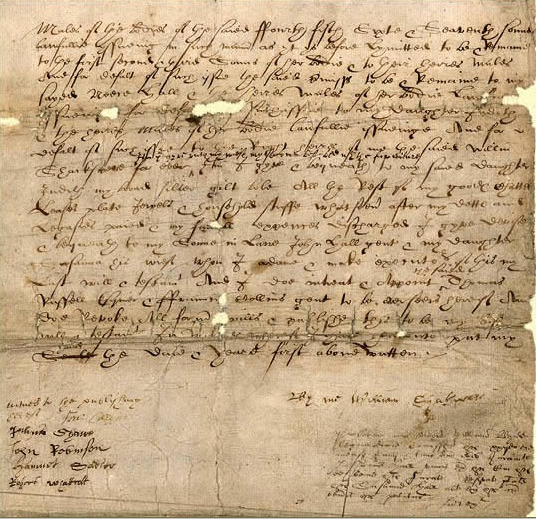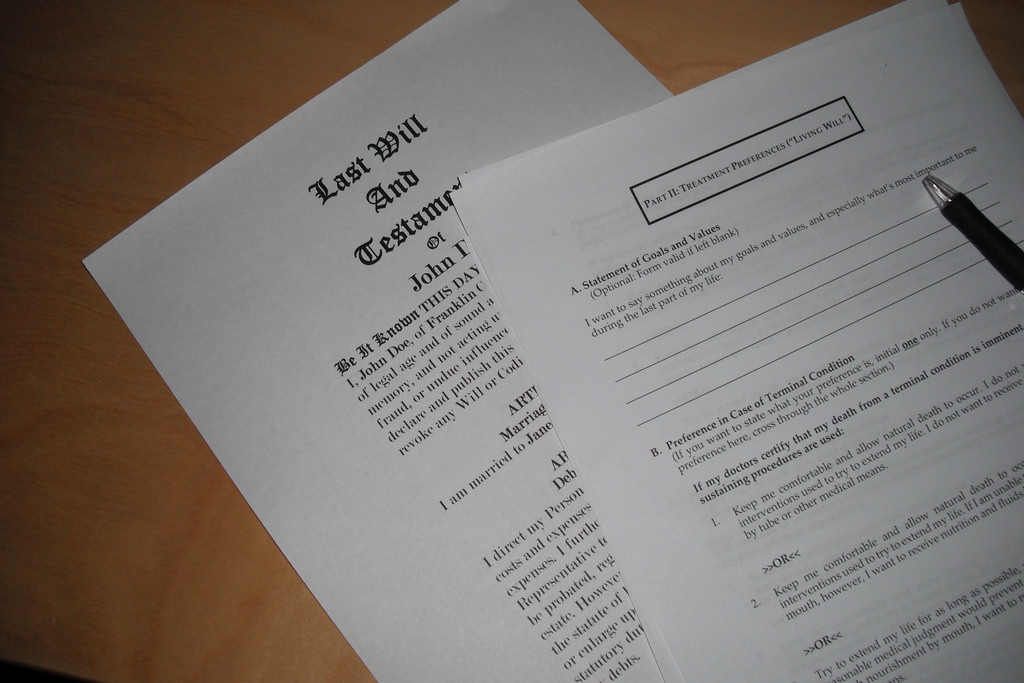The law distinguishes between typewritten wills, typically prepared by an attorney, and those which are handwritten by oneself. Handwritten wills, known as holographic wills, must meet the statutory requirements set forth by N.C Gen. Stat. S 31-3.4 (2015). These requirements include: (1) the will must be written entirely by hand by the testator; (2) must be subscribed by the testator; and (3) must be found among the testator’s valuable papers or effects. In some cases after a will is drafted, whether by hand or typewritten, the testator my wish to make modifications. An addition or supplement that explains, modifies, or revokes a will, or part of a will, is a…
-
-
Six Basic Questions and Answers about Executors
If you have a will or have ever dealt with estate administration, you are probably familiar with the term “executor.” However, most people don’t know what an executor is or what the executor’s role is. Additionally, what do you do if you suspect an executor is behaving fraudulently or contrary to the deceased person’s wishes? What is an executor? An executor is a person or institution appointed to carry out the terms of a person’s will. They are appointed by the person who wrote the will, the testator, to conclude the business and financial arrangements the testator had…
-
Accelerating Estate Disputes: The Living Probate Option
North Carolina joins four other states in providing a path to ensure decedents’ assets are distributed according to their wishes upon death.[1] The North Carolina General Assembly recently enacted legislation amending statutes regarding estate administration by adding a procedure for “living probate.” This action is usually commenced by a testator – the author of a will – prior to his or her death where he or she anticipates a challenge to the will’s validity. The court can now declare a will is valid while the testator is alive, thereby preventing potentially more expensive litigation after the testator’s death, when he or she is unable to…
-
Six Ways to Challenge a Will’s Validity
Wills must meet several basic requirements to be valid and enforceable under state law. If any of the below factors are at work, then a will’s validity may be challenged. (1) Undue Influence Undue influence exists when a person uses coercion to influence the testator (the person creating a will) into executing a will that does not accurately reflect the testator’s true wishes. There are several red flags to keep in mind if you are suspicious a loved one’s will is the product of undue influence. Unusual dispositions of property, sickness and vulnerability of the testator to undue influence,…


